Fusion.dll: Is it Malware & Should I Remove it?
The file can sometimes be used for malicious intent
2 min. read
Published on
Read our disclosure page to find out how can you help Windows Report sustain the editorial team. Read more
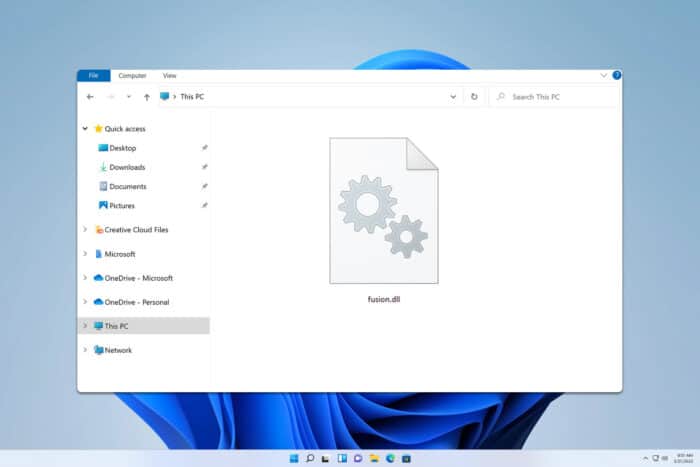
Many users reported fusion.dll on their PC, and if you’re not familiar with this file, in today’s guide we’re going to take a closer look and show you what it does, so let’s get started.
What is the fusion.dll file?
Fusion is a system library, and it’s associated with .NET Framework. It’s often used to bundle different components with applications.
Is fusion.dll malware?
As previously stated, this file is associated with .NET Framework, so it’s a legitimate file. However, it’s often used to pack installers and unwanted applications, or sometimes even malware, so this is why some antivirus software labels it as harmful.
While the file itself isn’t malicious, it can be used for malicious intent, especially if you download copyrighted software from third-party sources.
How can I remove fusion.dll?
- Press the Windows key + X and choose Installed apps.
- Locate the application that is using this file.
- Click the three dots next to it and choose Uninstall.
- Follow the instructions on the screen.
To identify the application that is using this file, just check your antivirus logs and you’ll be able to find it.
As you can see, while fusion.dll isn’t malware, it can be used for spreading unwanted software or malware, so if you notice that any application is using it, you should probably uninstall it, unless you trust it entirely.
Speaking of which, we also have a great guide on how to block potentially unwanted apps on Windows 11, so don’t miss it.
Before you leave, don’t miss our guide on OCSetupHlp.dll and SppExtComObjHook.dll to learn what these DLLs are and if they pose any harm to your PC.
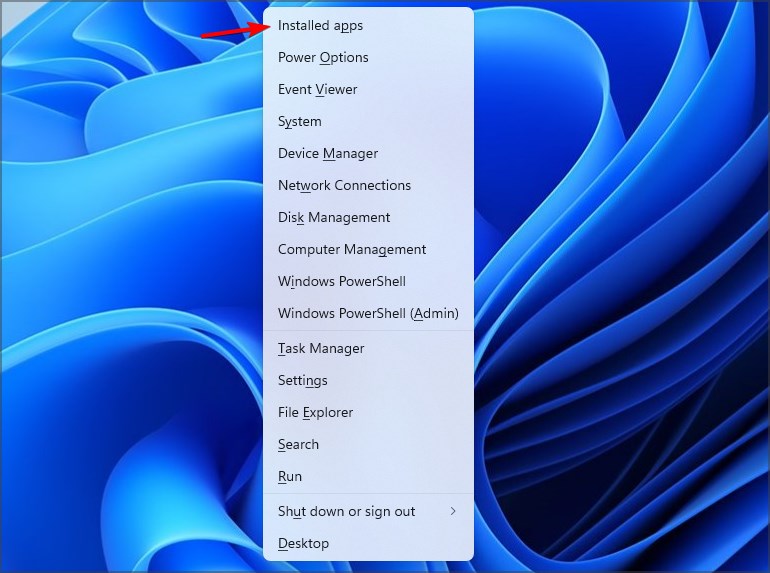
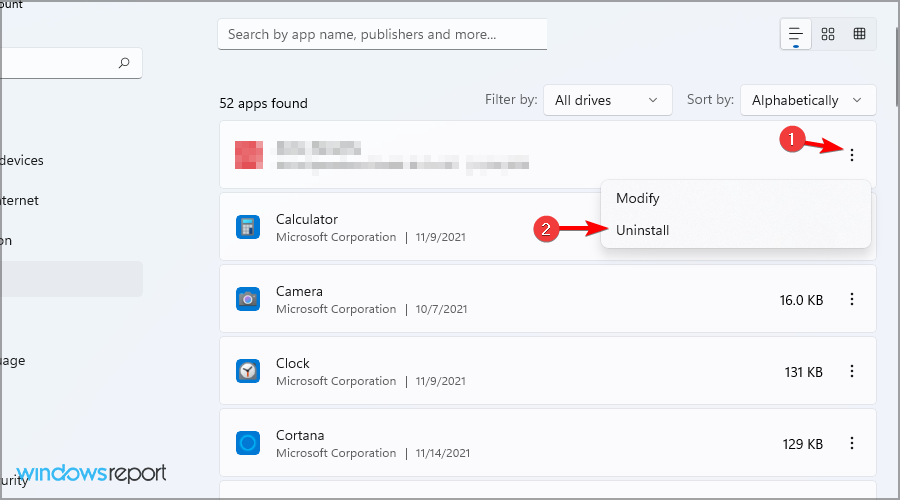
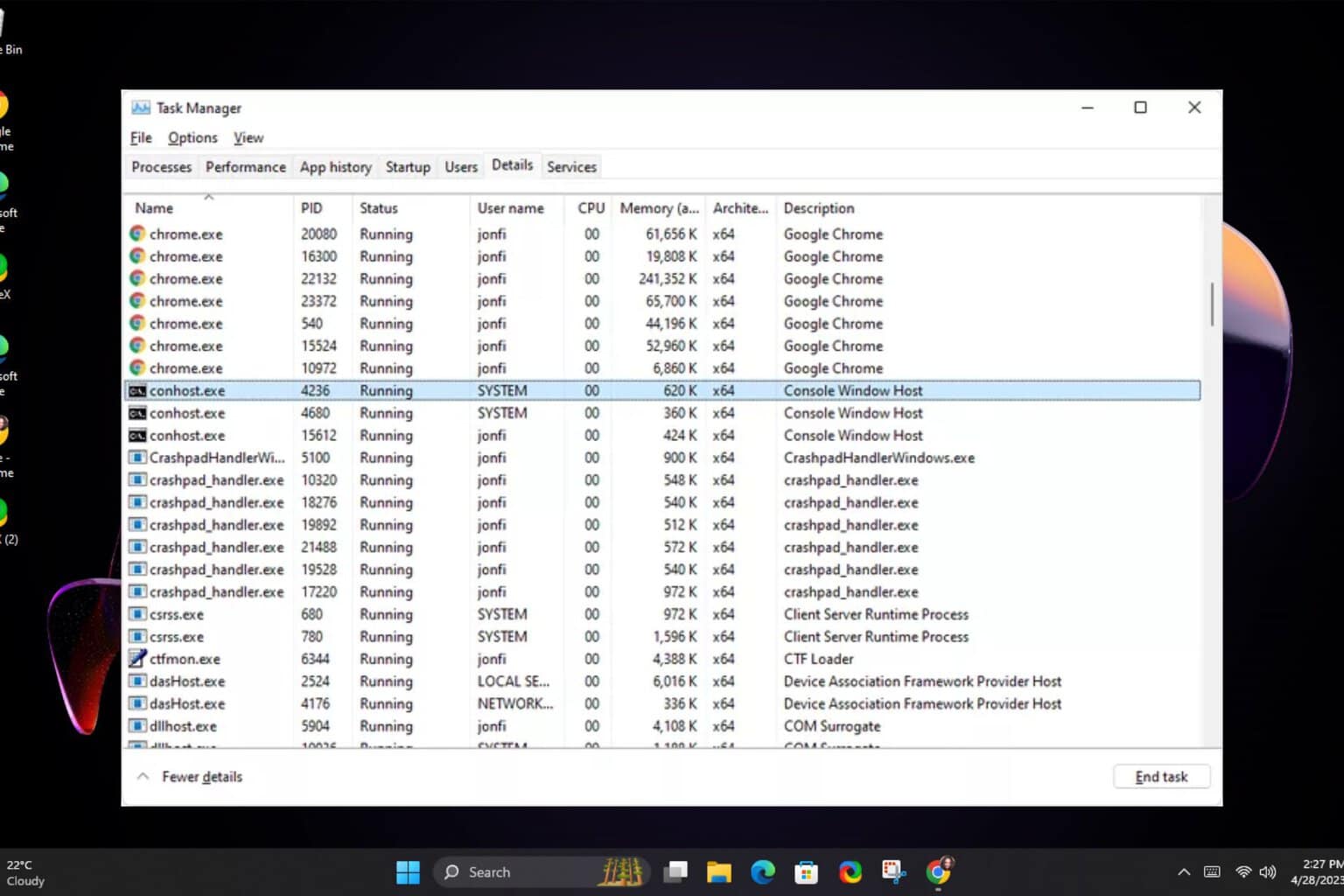
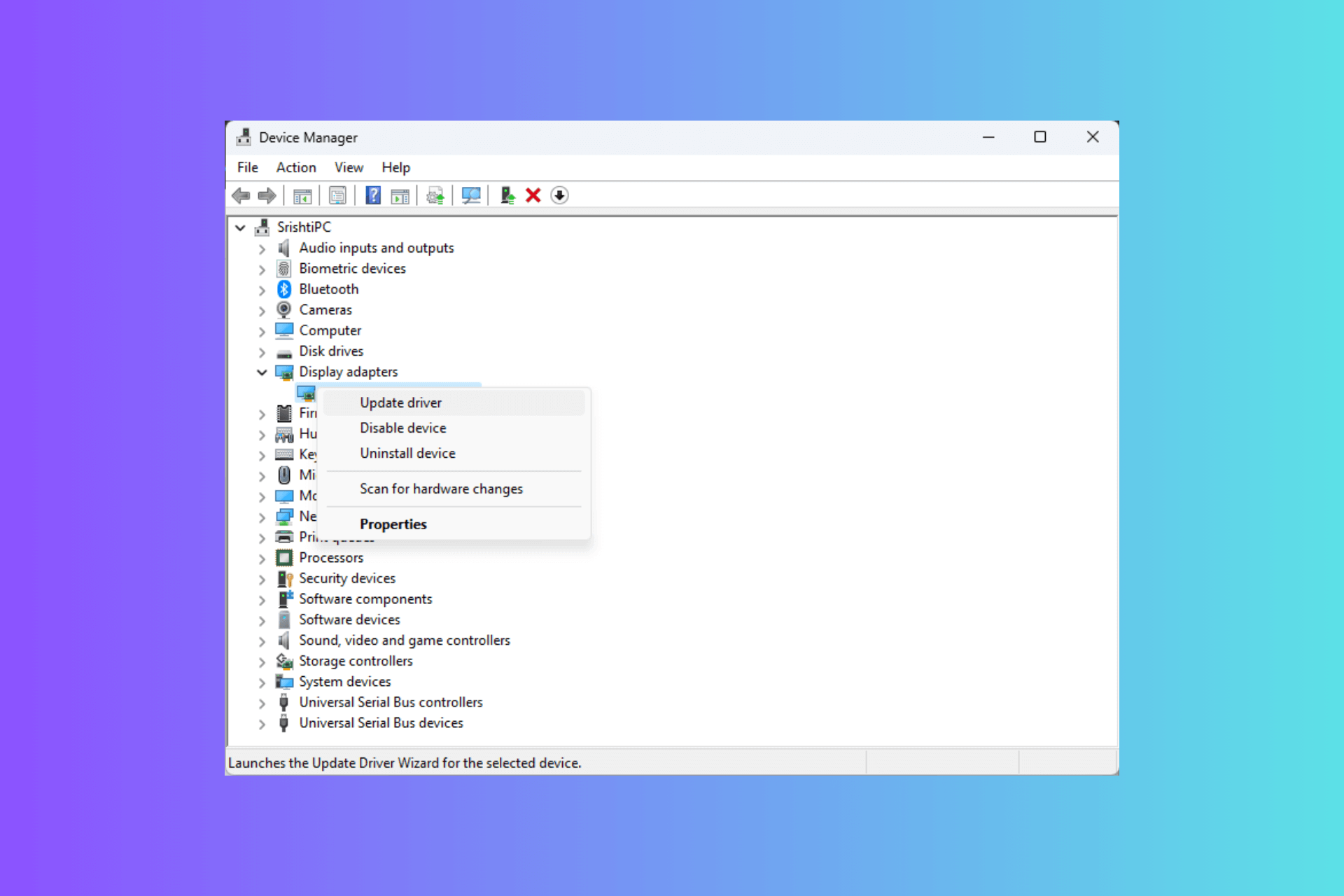
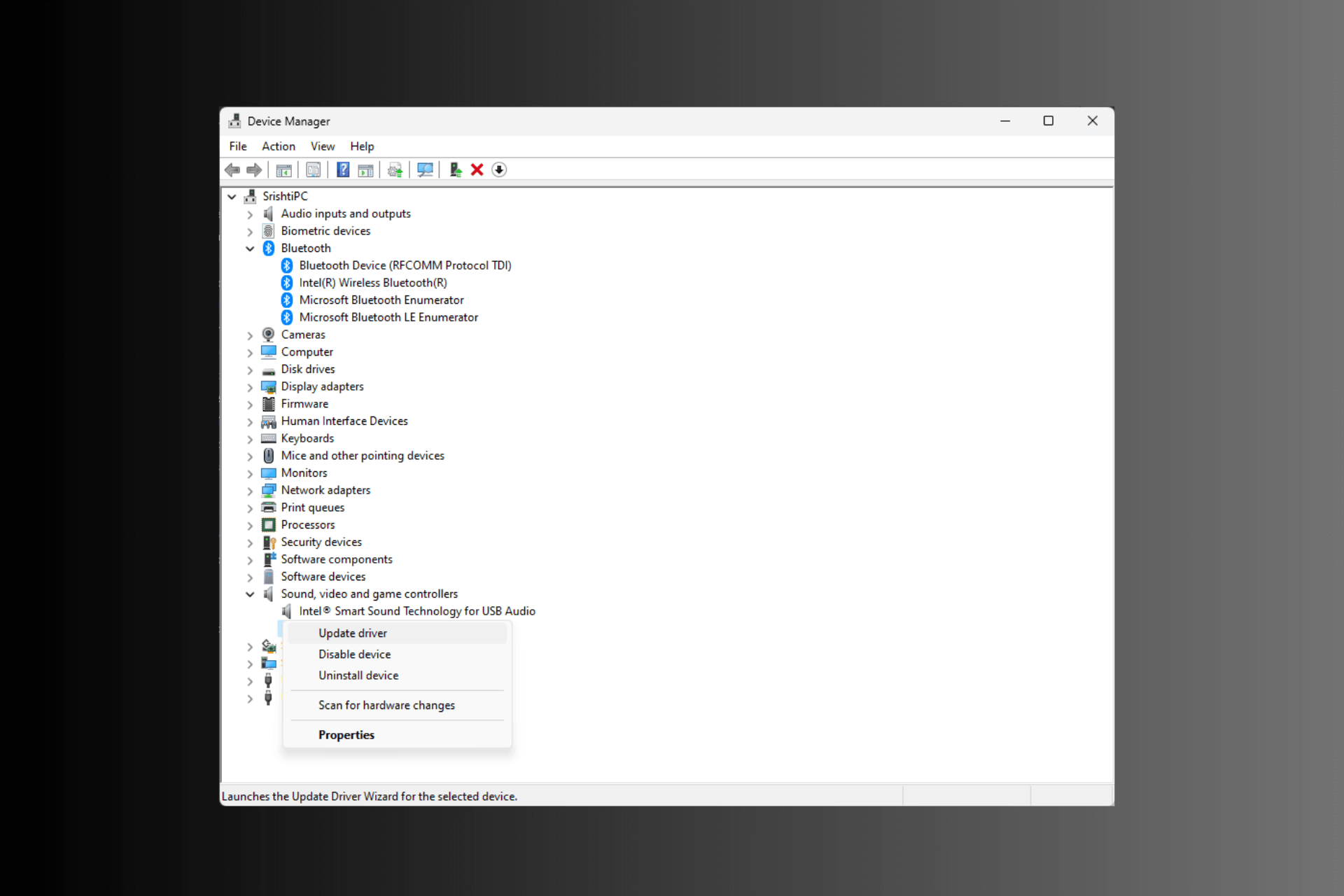
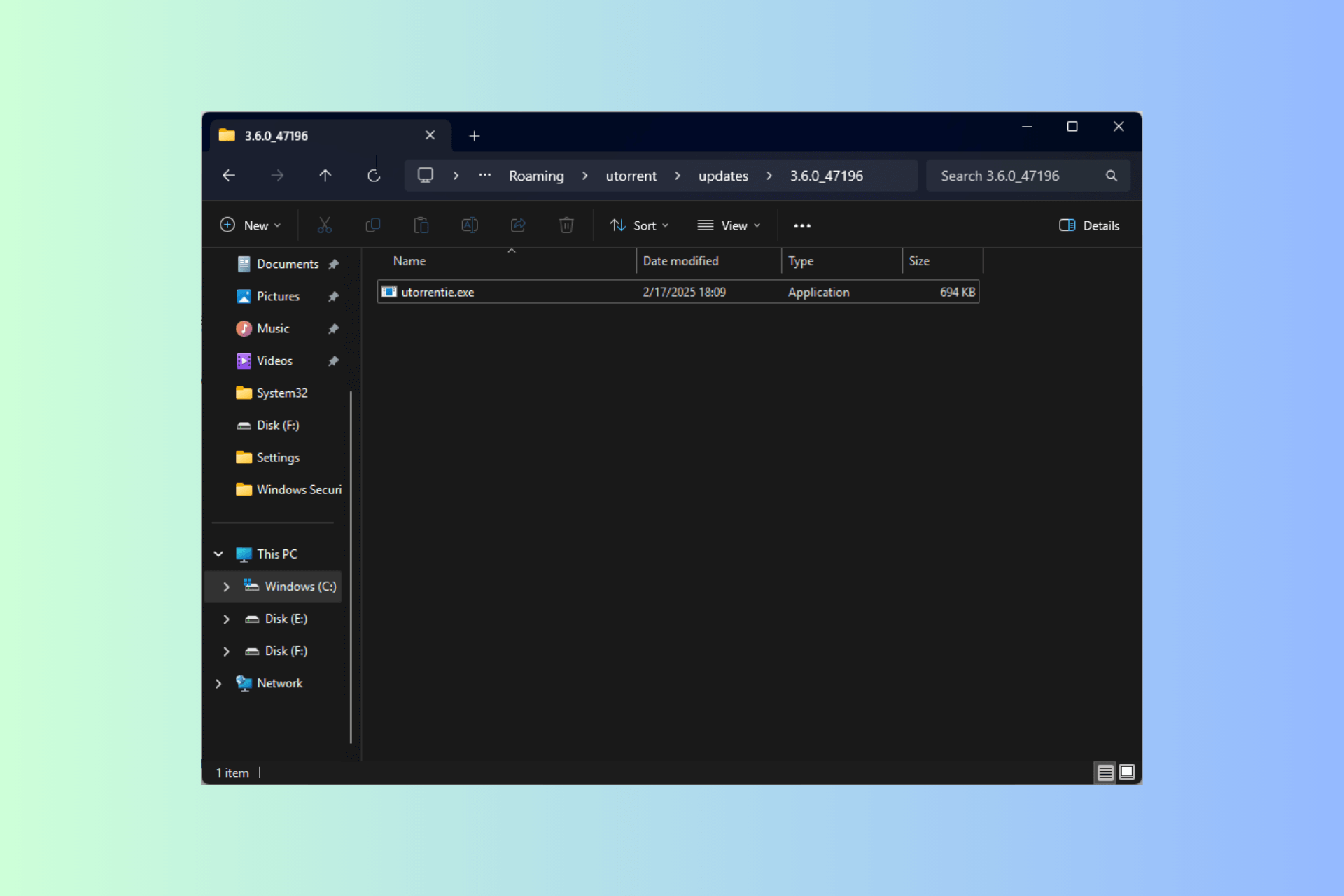

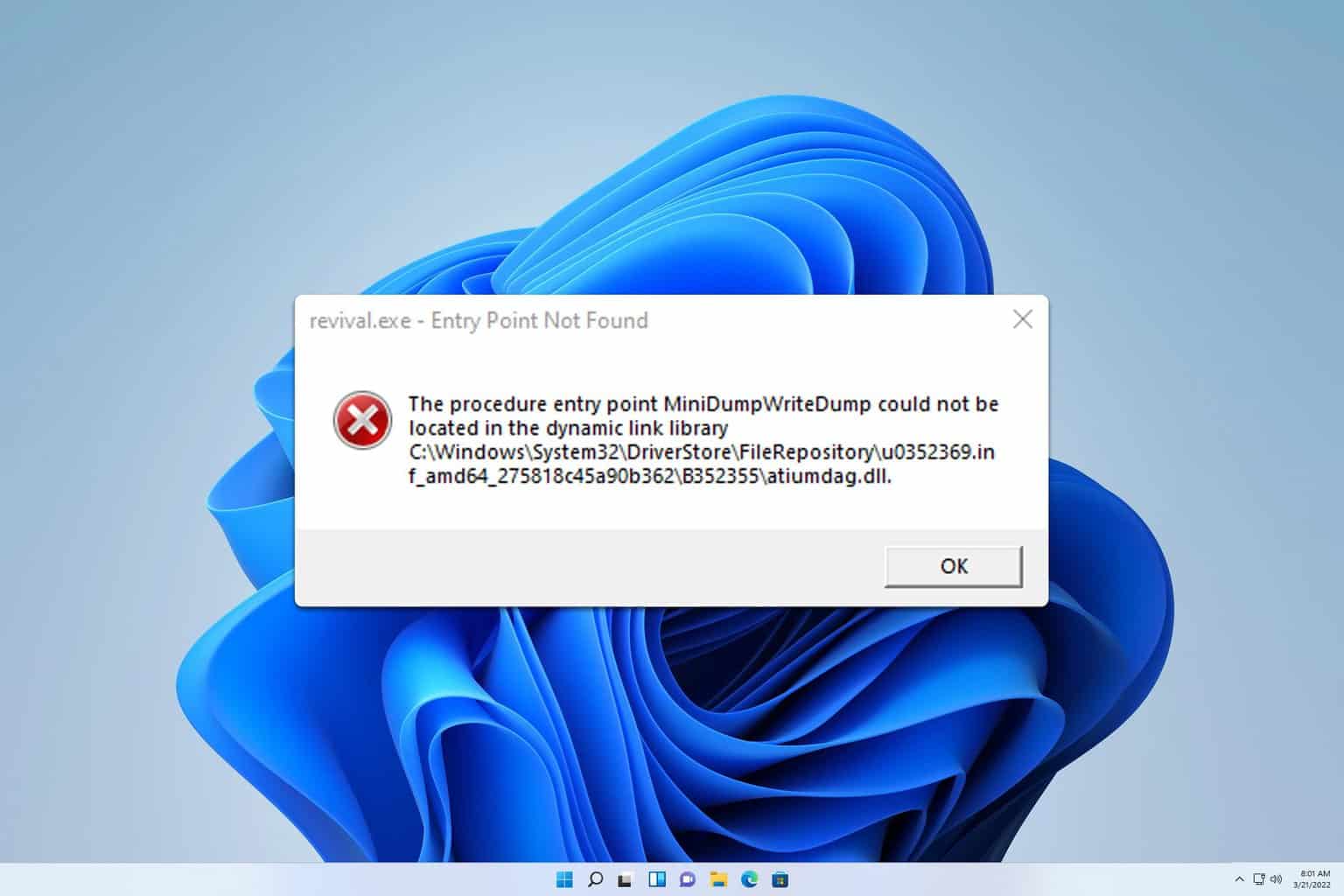
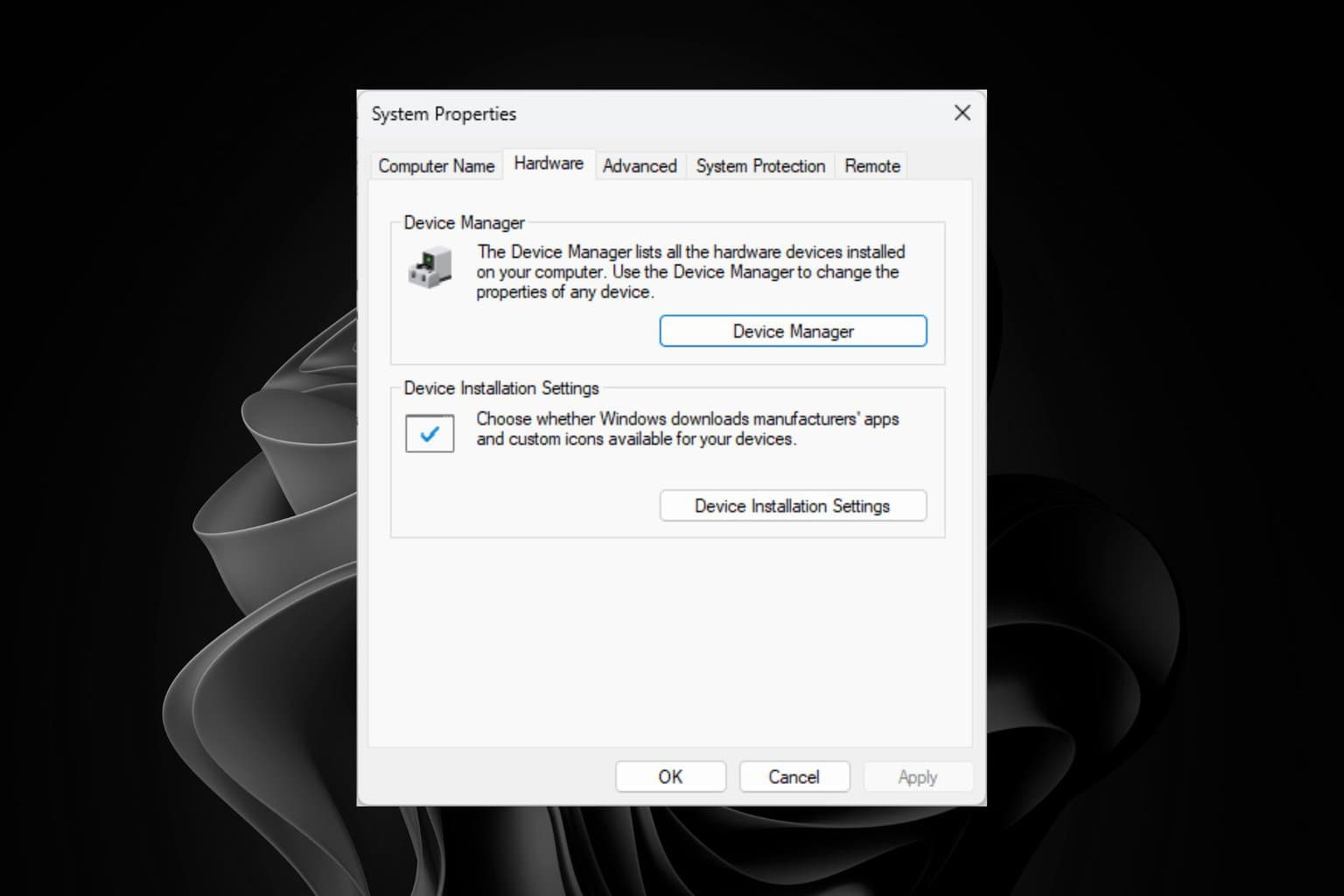
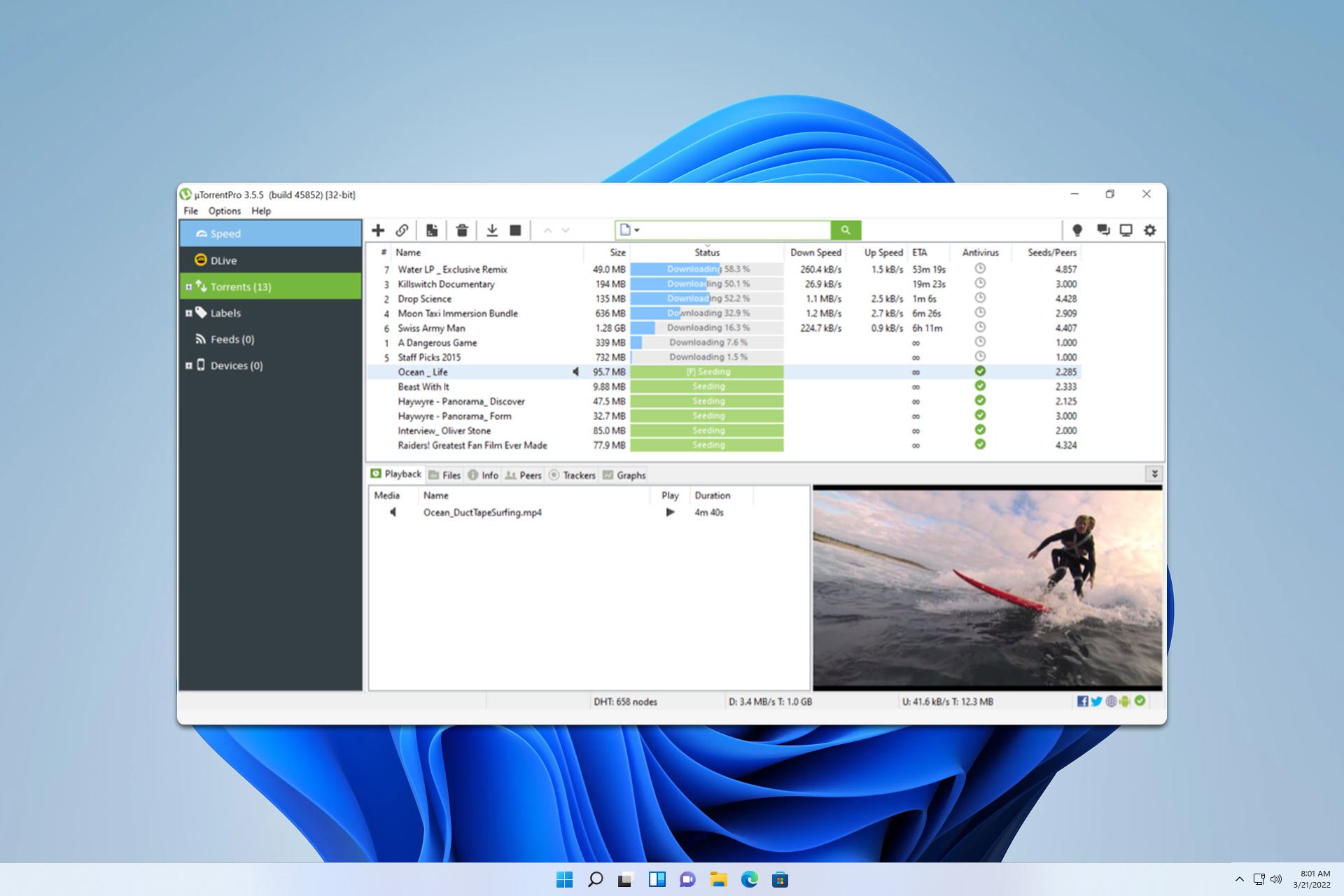
User forum
0 messages